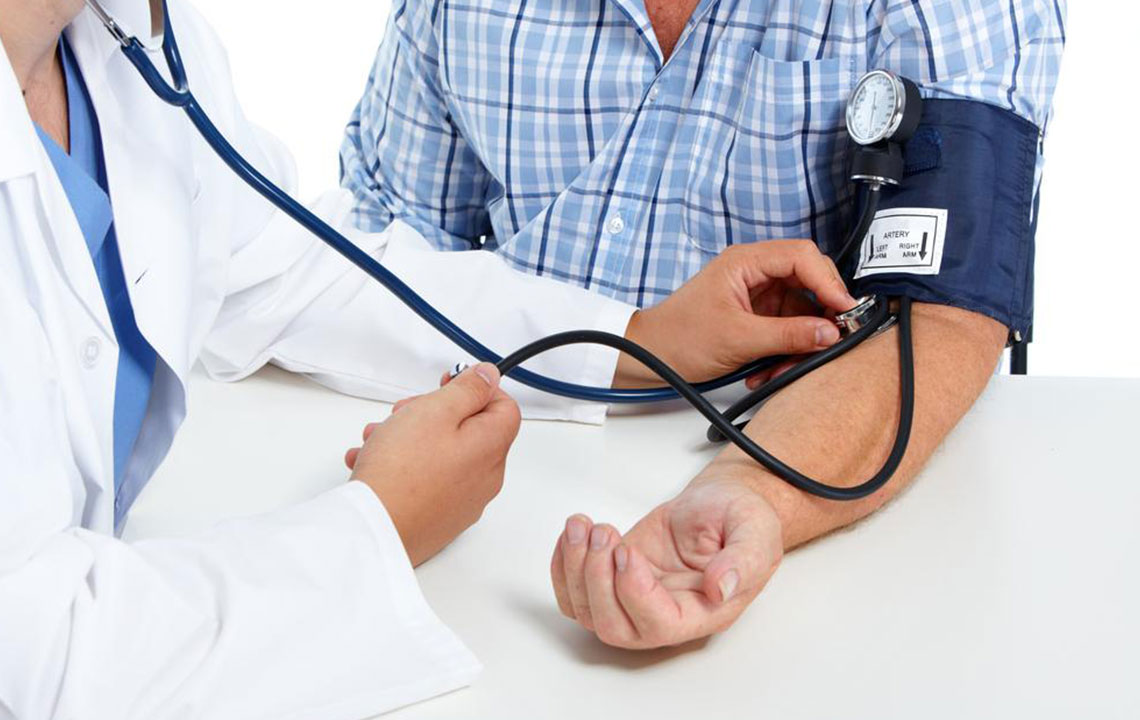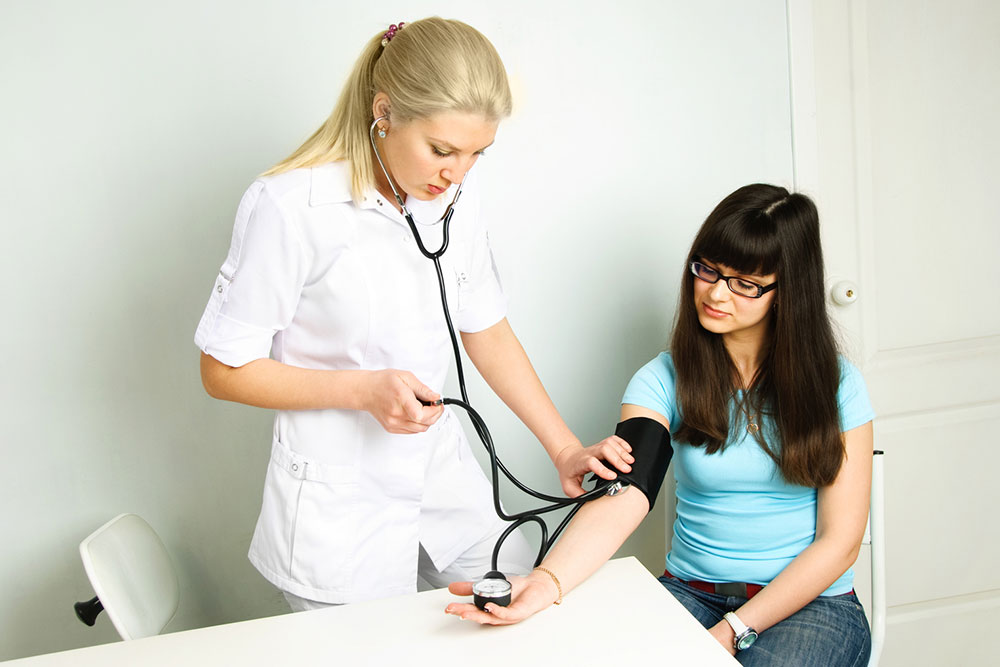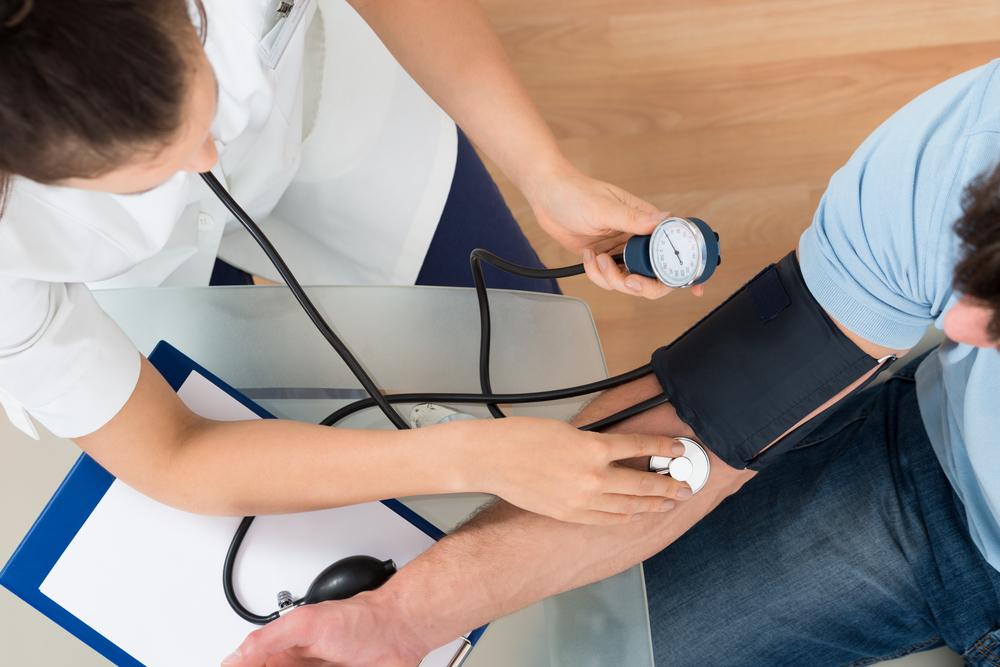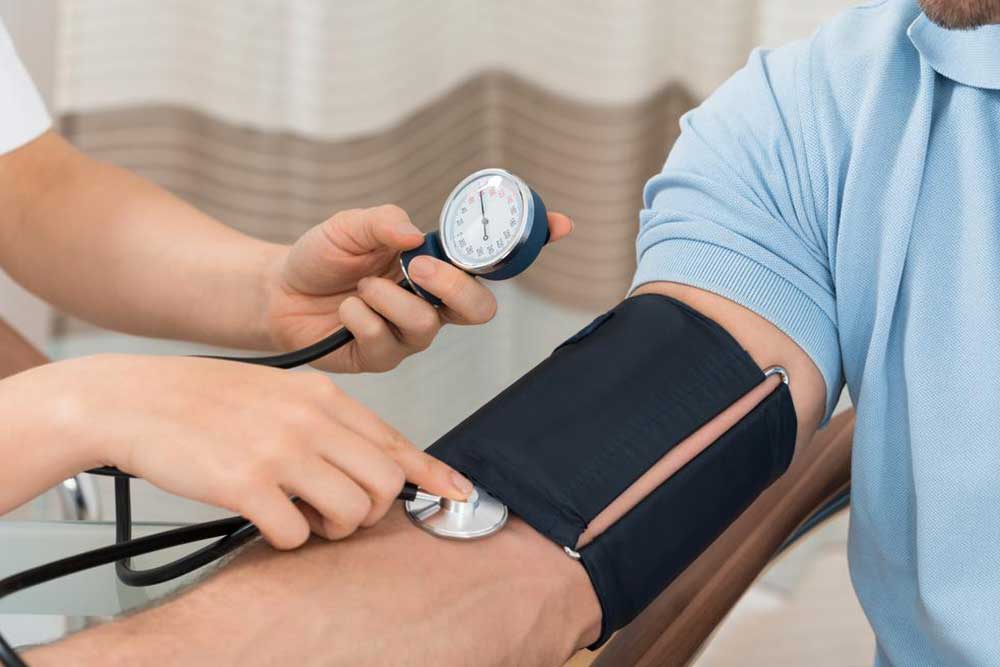Proven Strategies to Reduce Hypertension Naturally
This article provides effective, natural strategies to lower high blood pressure, emphasizing lifestyle changes like diet, exercise, and regular monitoring. It highlights common causes and practical tips for maintaining optimal blood pressure levels to prevent serious health complications and promote overall wellness.

Proven Strategies to Reduce Hypertension Naturally
High blood pressure, or hypertension, is a critical health issue characterized by blood exerting excessive force against artery walls. Maintaining optimal levels is vital for overall well-being. Generally, readings above 140/90 mm Hg indicate hypertension. Without management, it can lead to severe complications such as kidney problems, heart disease, and visual impairments. Most worryingly, it increases the risk of strokes and brain damage. Hypertension is increasingly common, especially in individuals aged 30 and above, emphasizing the importance of proper control and prevention.
Understanding the underlying causes of high blood pressure is crucial for effective management. Here we explore common causes and simple lifestyle changes to help you lower your readings.
What contributes to high blood pressure?
Several factors can elevate blood pressure, especially if there is a family history of hypertension. Other significant causes include:
High salt intake from diet
Overweight or obesity
Chronic stress
Excessive alcohol consumption
Smoking habits
Insufficient sleep
High anxiety levels
To keep blood pressure within a healthy range, ideally around 120/80 mm Hg, adopting certain habits is essential. Regularly monitoring your levels and making lifestyle adjustments can prevent complications related to hypertension.
Key tips for managing high blood pressure
Achieving and maintaining a healthy weight is linked to better blood pressure control. Reducing excess weight through balanced diet and exercise can significantly lower hypertension risk. Emphasize nutrient-rich foods like fruits, vegetables, and whole grains while limiting processed, salty, and fried foods.
Lower your sodium intake by checking food labels and choosing low-sodium options. Cutting back on salt helps reduce blood pressure effectively. Moderating alcohol consumption is vital, as excessive drinking raises hypertension risk. Engaging in regular physical activity, such as brisk walking or cycling, helps keep blood pressure in check.
Consulting with a healthcare professional for proper diagnosis and medication if needed is critical. Always follow medical advice and avoid unprescribed medications. Regular blood pressure checks are crucial to detect and manage issues early, preventing serious health problems.
High blood pressure left unmanaged can lead to life-threatening conditions. Integrating these simple tips into your daily routine promotes cardiovascular health and overall wellness.










